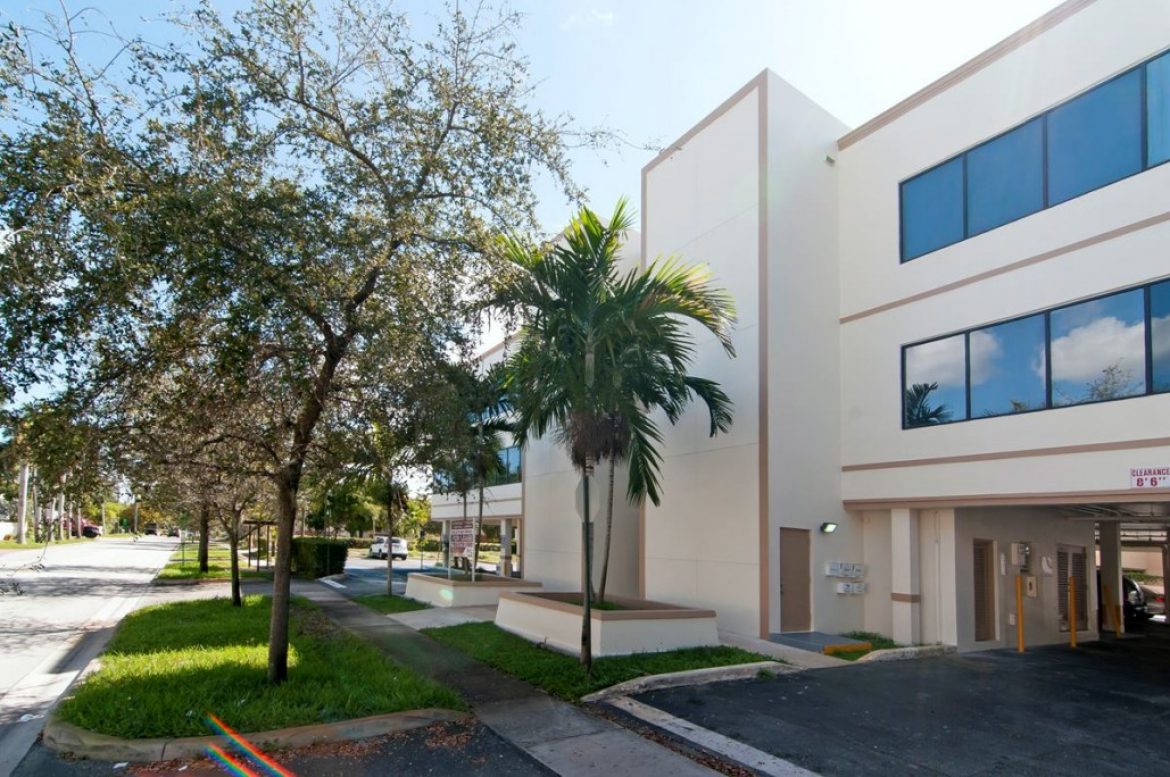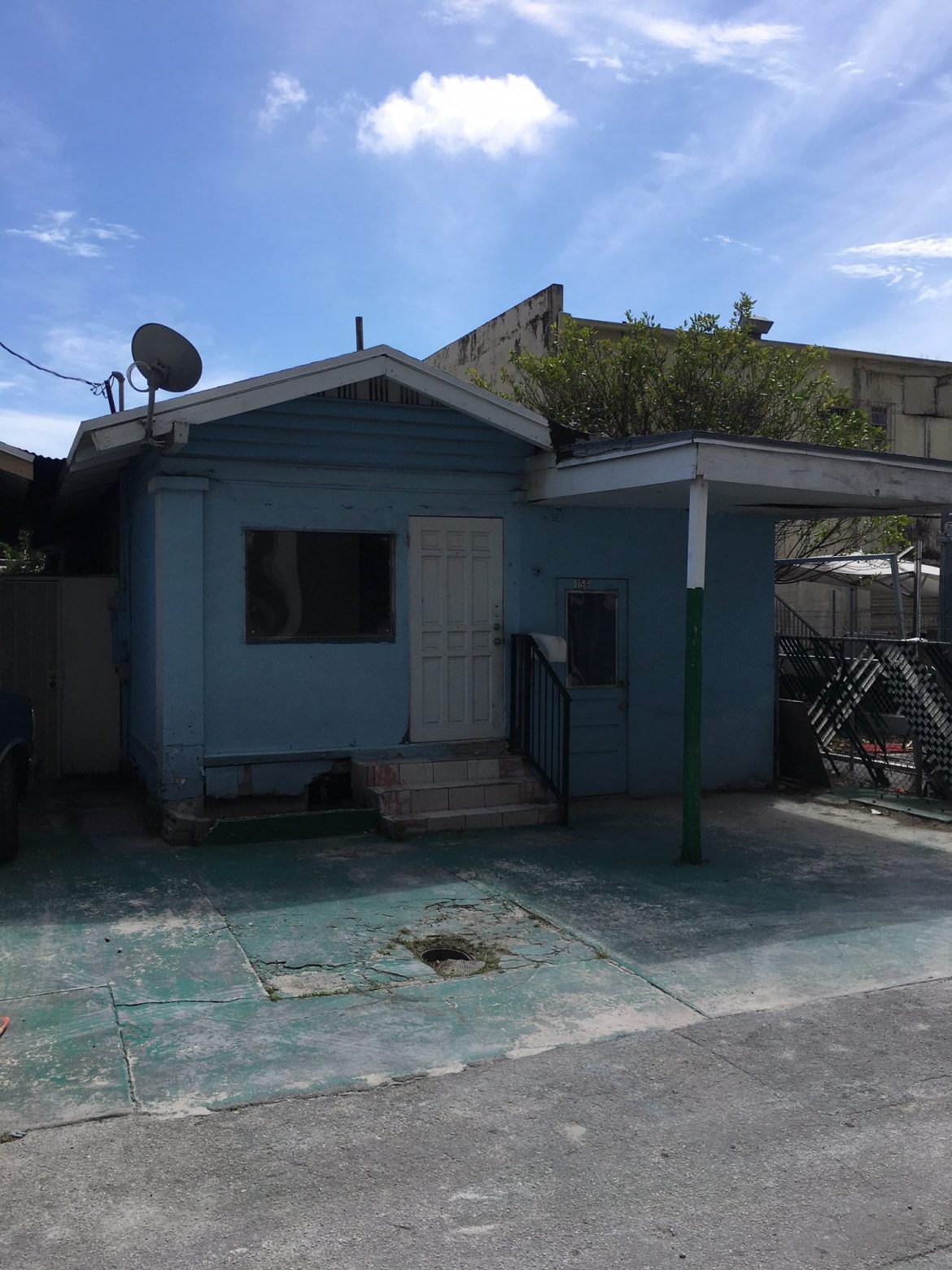
After approval by the City of Miami Commission, starting Apr. 14, the Wynwood Business Improvement District (BID) has been up for a recertification vote by all property owners within its boundaries.
The Wynwood BID, which began in July 2013, is the largest one of its kind in Florida, covering a 50-city-block neighborhood that has experienced an exciting transformation, taking it from an abandoned industrial zone to a bustling arts and nightlife destination.
More recently, Wynwood has become a desirable location for new office and residential developments, and now, major new hotels from the world-renowned Arlo brand and the soon-to-be-launched Moxy by Marriot.
For three weeks, all 400-plus property owners within the BID’s boundaries have been asked to sign affidavits supporting its renewal, which the BID will then collect and count. To proceed with the recertification process, more than 50 percent of the votes, plus one, must be in favor. Once the three-week voting period has concluded, all affidavits will be forwarded to the City of Miami Commission and Mayor Francis Suarez for review and final approval.
“We are excited to collect votes from our area property owners to recertify the BID,” said Manny Gonzalez, long-time executive director of the Wynwood Business Improvement District. “The district has entered a new phase, with the ongoing expansion of residential and office capacity that did not exist previously. Our goal is to have another successful decade of embracing change like urban planning and landscape design while also working to maintain Wynwood’s place as an appealing cultural destination and creative center.”
BIDs function as special tax districts that allow for an additional assessment to support initiatives and programs that governments cannot fully cover. In addition to Wynwood, they have been successful locally in places such as Miami Beach, Coconut Grove and Coral Gables, and other major cities like New York.
In partnership with area businesses, owners, developers and residents, working with the City of Miami, the Wynwood BID has been a significant catalyst in the neighborhood’s growth, improving quality of life, and in ongoing synergies between new investors, and existing businesses and cultural venues.
During the past decade, Wynwood has experienced an exponential increase in visitors, with the number rising from 240 thousand in 2013 to 15 million annually in 2023. Today, Wynwood supports 5,000 new jobs and generates more than 20 percent of the City of Miami’s parking transactions.
In partnership with the City of Miami Planning Department and Plusurbia, the Wynwood BID developed Miami’s first Neighborhood Revitalization District (NRD) plan to maintain the neighborhood’s distinctive street art and industrial feel, while encouraging a 24-hour community for live, work and play lifestyles.
The BID has accomplished significant successes through its partnership with the City of Miami Police Department, resulting in a 60 percent reduction in crime. Additionally, the BID has made a substantial contribution of $3.5 million towards Wynwood Works, a program aimed at developing 5,000 micro units of affordable housing and invested $1 million towards office development in the area.
The BID also has created a Clean Team to remove trash and debris daily to maintain a clean and attractive neighborhood. These notable achievements have garnered national recognition for the BID in the past decade, with awards such as being one of the greatest neighborhoods in America and being recognized for its Economic Development Planning by the American Planning Association (APA).
In the arts, Wynwood continues to thrive and be the home of the iconic Wynwood Walls, Museum of Graffiti, Margulies Collection, Mana Wynwood, Gary Nader Art Centre, the recently opened Paradox Museum, and many more.
The neighborhood remains a center for over 3,000 units of unique retail, restaurant and nightlife businesses, including Zak the Baker, Oasis Wynwood, 1-800-Lucky, Gramps and UNKNWN. Annual special events such as Miami Art Week, Miami Music Week and Wynwood Pride fill the community with pedestrian traffic and excitement.
Major developments in the area include the recently opened Arlo Wynwood hotel and The Dorsey, as well as upcoming projects such as The NoMad Residences, 29N Wynwood, 545 Wyn and The Wynwood Plaza.
Additionally, the neighborhood is experiencing growth in mixed-use residential and office spaces with developments including Strata Wynwood, WYND 27 & 28, Society Wynwood, Sentral Wynwood and The Gateway at Wynwood. Currently, there is 600,000 square feet of commercial retail space under construction as Wynwood continues to evolve.
Companies committing to office space in Wynwood include Founders Fund, Spotify, Technology SA and Pricewaterhouse Coopers.
The BID supports its City of Miami partners and surrounding communities by running numerous safety and cleanliness initiatives, including state-of-the-art interactive outdoor digital kiosks, neighborhood-wide security cameras and a dedicated Clean Street Team.
“Wynwood property owners and businesses believe in the wisdom of investing in infrastructure enhancements, safety initiatives, forward-thinking planning and destination branding that are key to the BID’s work,” Gonzalez concluded.
For more information, visit wynwoodMiami.com.
Source: Community News

